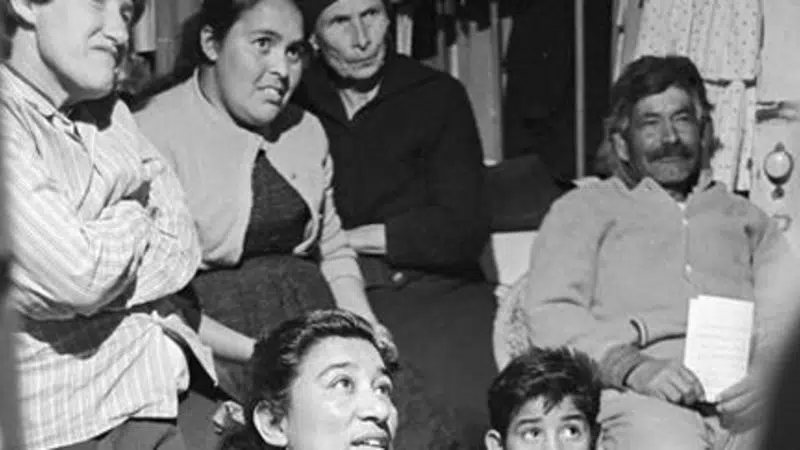
Film explores Latina union leader who organized farmworkers
ALBUQUERQUE, N.M. — Years before Cesar Chavez and Dolores Huerta began organizing poor farmworkers in California, a woman named Maria Moreno sought to sign up impoverished farmworkers for a fledgling union. The Mexican American mother of 12 co-ordinated rallies, recruited members in isolated areas and inspired others to demand a living wage.
By 1961, her work was so admired she was sent to a national union convention to address attendees that also heard from President John F. Kennedy and the Rev. Martin Luther King Jr.
Then, Moreno disappeared from the public eye.
“Adios Amor: The Search for Maria Moreno” on PBS examines the life of the obscure labour leader who galvanized poor agricultural workers during the late 1950s and early 1960s. Moreno’s work helped set up a farmworkers movement that later would capture the nation’s heart, but her whereabouts later in life had remained a mystery to those who encountered her.


